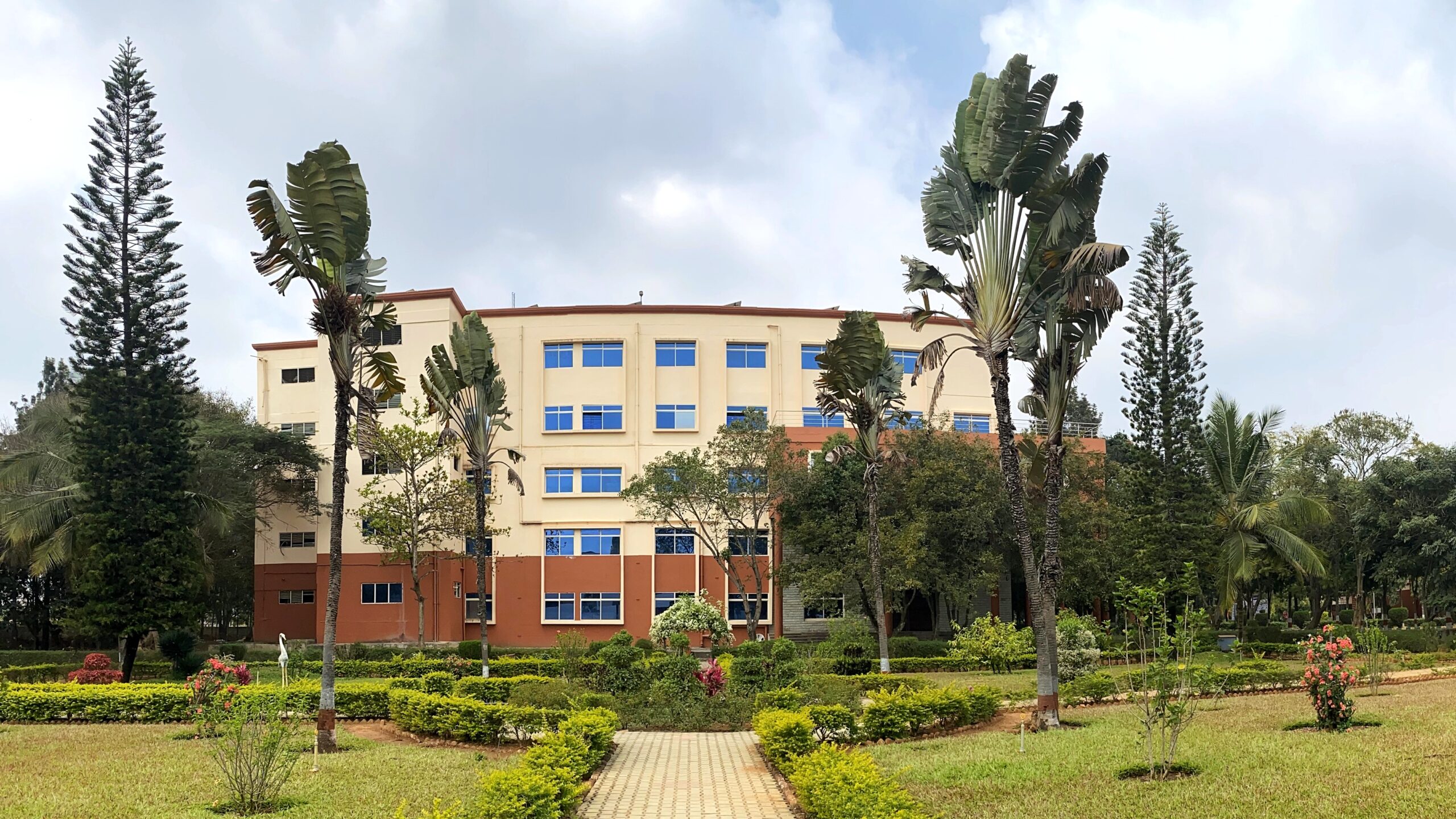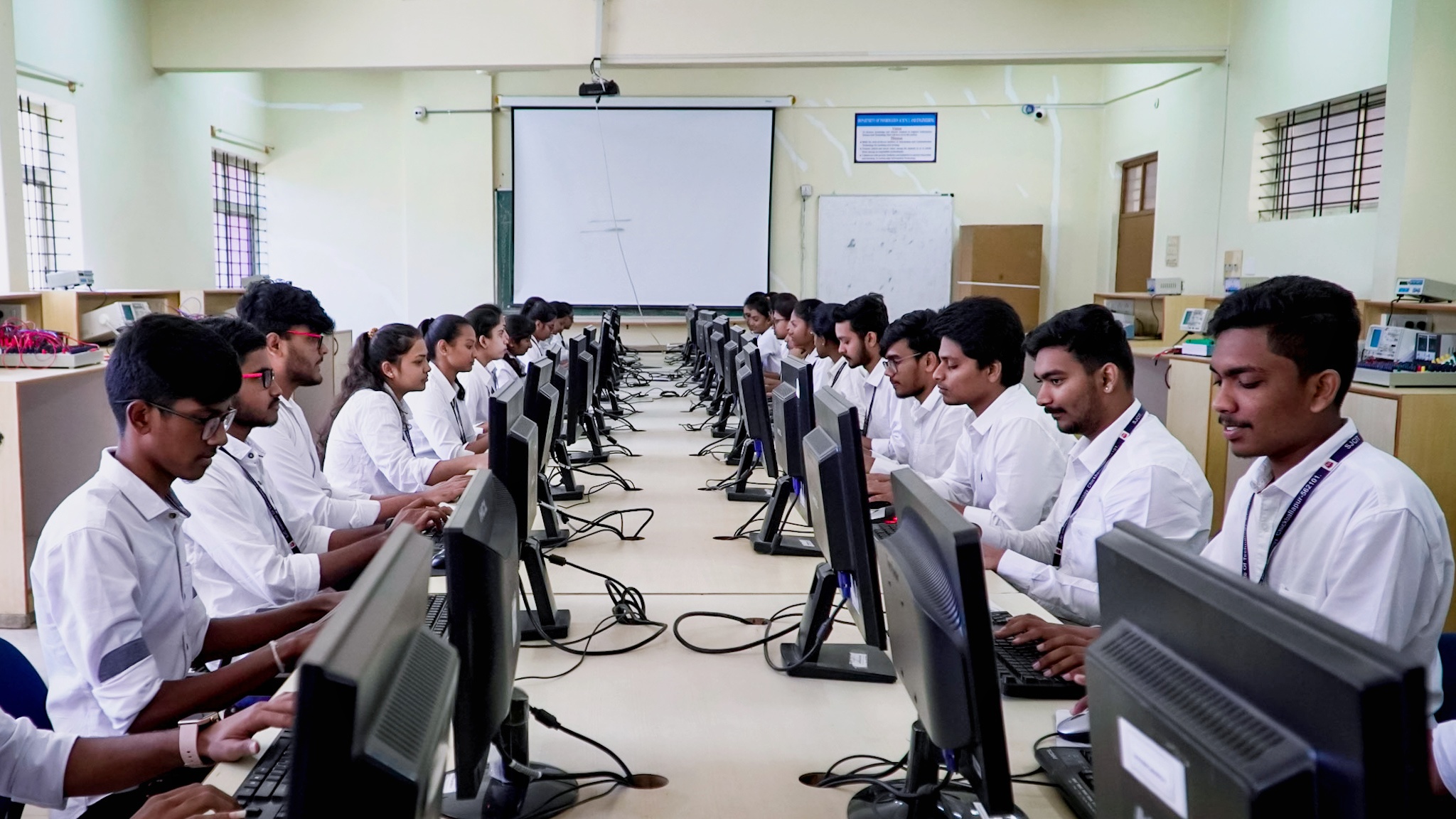Educating Students to Engineer Information Science and Technology for Advancing the Knowledge as to Best Serve the Real World.
1. Focusing on Fundamentals and Applied aspects in both InformationScience Theory and Programming practices.
2. Training comprehensively and encouraging R&D culture in trending areas of Information Technology.
3. Collaborating with premier Institutes and Industries to nurture Innovation and learning, in cutting edge Information Technology.
4. Educating and preparing the students who are much Sought-after, Productive and Well-respected for their work culture having Lifelong Learning practice.
5. Promoting ethical and moral values among the students so as to enable them emerge as responsible professionals.
The PEOs of ISE program describe accomplishments that graduates are expected to attain within three-five years after graduation. Graduates would have applied their expertise to contemporary problem solving, be engaged professionally, have continued to learn & adapt, and have contributed to their organizations through leadership & teamwork.
ISE Graduates within three-five years of graduation should:
PEO1. Engage in Successful professional career in Information Science and Technology.
PEO2. Pursue higher studies and research to advance the knowledge for Solving Contemporary Problems in IT industry.
PEO3. Adapt to a constantly changing world through Professional Development and Sustained Learning.
PEO4. Exhibit professionalism and team work with social concern.
PEO5. Develop Leadership and Entrepreneurship Skills by incorporating organizational goals.
PSO1: 1. Apply the knowledge of data structures, database systems, system programming, networking, web development and AI & ML techniques in engineering the software.
PSO2: Exhibit solid foundations and advancements in developing software /hardware systems for solving contemporary problems.








